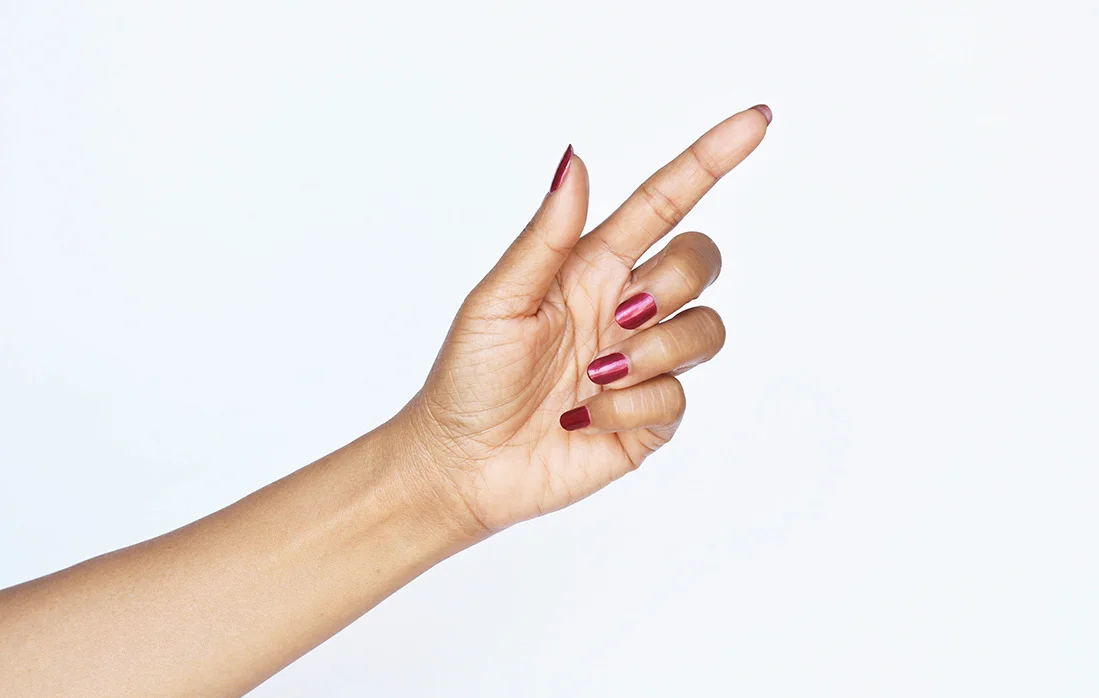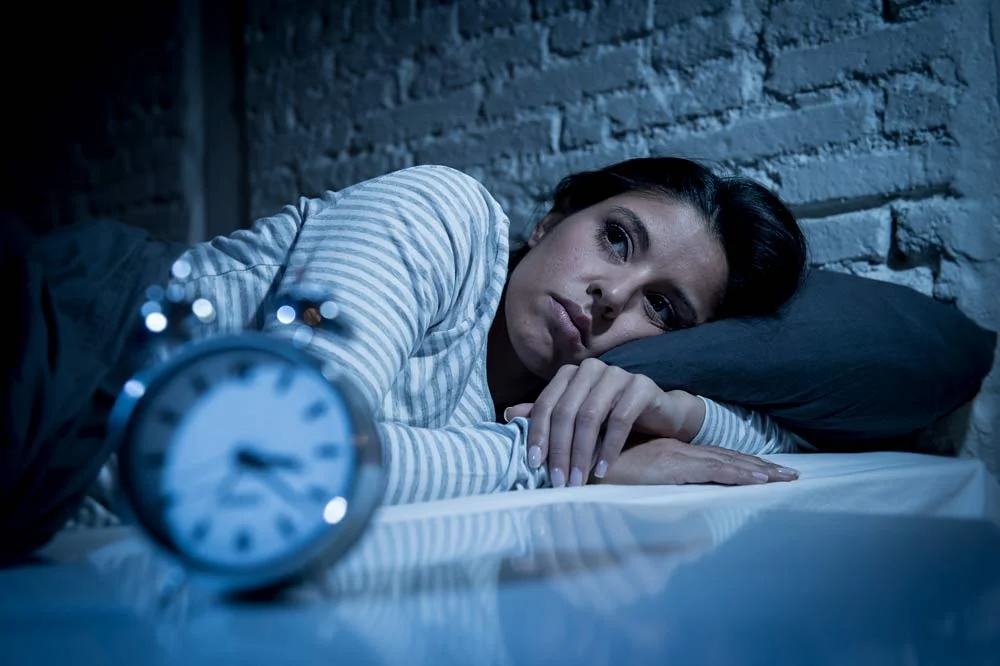
Have you ever wanted to fall asleep so badly, but sleep won’t come? No matter how much you wished or tried to go to sleep, you were still laying in bed frustrated and exhausted. Paradoxical intention might be a technique worth trying.
What is Paradoxical Intention?
Don’t try to go to sleep, instead try to stay awake. We know this sounds kind of backwards, but paradoxical intention is a cognitive behavioral technique that involves you intentionally trying to stay awake, rather than fall asleep.
While this technique has been used in psychotherapy for non-sleep related use, it wasn’t until the 1970s that it began as a treatment for insomnia. It was observed that instead of focusing on trying to fall asleep, people had more success when they tried to remain awake.
How Does Paradoxical Intention Work?
Our mind is a powerful tool. Dr. Nick Bach, a licensed psychologist, told Sleepopolis that by focusing on something so much, we actually can become more anxious and alert. “By intentionally trying to stay awake, the pressure to fall asleep is reduced, which can ultimately make it easier to relax and fall asleep naturally,” Bach said. This mindset shift helps to reduce the performance anxiety many face when trying to fall asleep.
Who Would This Work For?
We wish solutions to sleep troubles were one-size-fits-all. Seriously, how nice would that be? Unfortunately, like most other problems, this technique isn’t universal.
Who should try this:
- Anyone who suffers with insomnia
- Anxious sleepers
- If you excessively worry about falling asleep
Who should not try this:
- Diagnosed with a different chronic sleep disorder
- If you don’t have sleep troubles, just keep doing what you’re doing
As always, it’s better to talk to your doctor if you are having sleep problems. This technique is not meant as a substitution for professional medical advice or treatment for underlying medical problems.
My Experience
It’s a common occurrence to find me tossing and turning, unable to fall asleep. However, once I’m asleep I’m golden, but actually getting to that point can be challenging. While I’ve never been diagnosed with insomnia, I would describe myself as an anxious sleeper. I worry that I won’t be getting enough sleep, ultimately creating anxiety that makes it harder to fall asleep. Kind of funny how that works.
After trying paradoxical intentions for over a week, I can say I was pleasantly surprised with how well it worked for me and it’s still a technique I currently use. Nights where I found myself unable to fall asleep I would repeat the phrase, “I’m staying awake” or “I’m not going to sleep” in my head. I would mostly do this with my eyes closed and before I noticed, I was asleep.
Final Thoughts
There’s multiple different types of sleep anxiety, even including phobias like somniphobia. It’s also fairly common to have anxiety as it’s the most common mental health disorder in the U.S. affecting 40 million people, according to the Cleveland Clinic. In a perfect world, no one would snuggle with falling asleep. If this is something regularly affecting your sleep, please know you’re not alone. Talk to your doctor or sleep specialist to find a solution that can help.

Can This Viral TikTok Sleep Hack Really Lull You To Sleep?

Types of Insomnia — Causes and Treatments

Can Sticking Your Head in the Freezer Really Help You Feel More Alert? I Tried It to Find Out


























